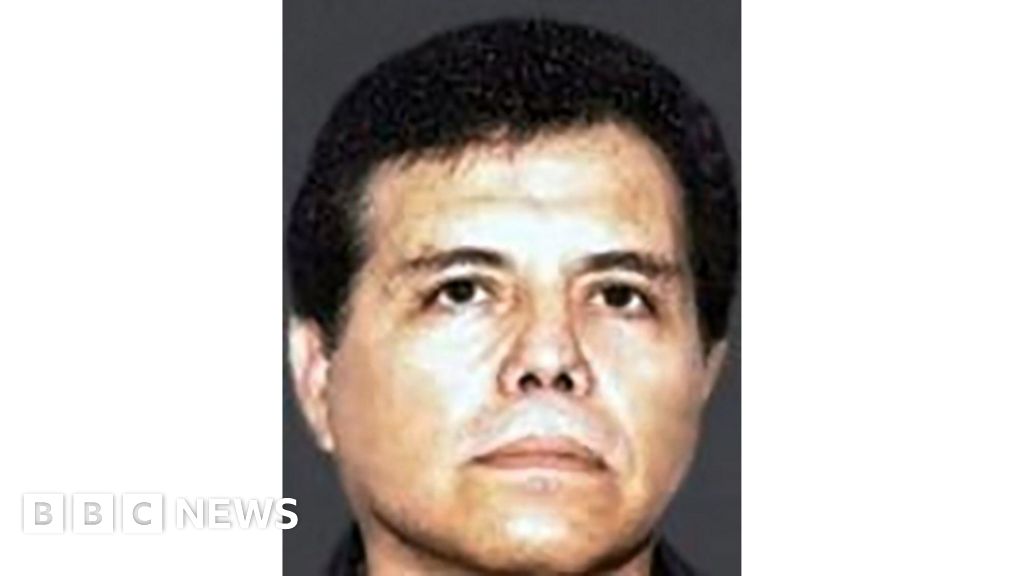Once celebrated as one of football's brightest talents, Jay Emmanuel-Thomas now finds himself facing severe consequences after being convicted of orchestrating a cannabis importation scheme into the UK. The former Arsenal striker had once captured the imagination of fans and pundits alike, thanks in part to his time as a promising youth player, but his journey has taken a shocking turn.
At just 16, Emmanuel-Thomas was acknowledged as a future star by none other than legendary Arsenal manager Arsene Wenger, who praised his versatility and skill. He captained his youth team to an FA Youth Cup victory in 2009, where he stood out alongside future stars like Jack Wilshere. With impressive stature and agility, hopes were high for his professional career. However, after limited success with the first team and multiple loans away from Arsenal, Emmanuel-Thomas saw his opportunities dwindle as he moved through the tiers of English football, ultimately shifting to clubs in Scotland and Thailand.
His football career took a grim turn while playing for PTT Rayong in Thailand around 2019, where he allegedly became entangled in the drugs trade. His fall from grace culminated on September 18, 2023, when he was arrested in Gourock, Scotland, with Border Force officers having intercepted drugs being smuggled into the country earlier that month. The cannabis, worth an estimated £600,000, was concealed in suitcases carried by two women who had been misled into believing they were transporting gold.
Emmanuel-Thomas's actions have not only jeopardized his career but have also left a stain on his reputation. In court, he changed his plea to guilty after initially denying the charges, admitting to organizing the drug importation scheme while expressing remorse for the women he had manipulated into partaking in his plans. The National Crime Agency labeled him an intermediary in this drug operation, which raises a disturbing question about the influence of organized crime on sports figures.
Now remanded and awaiting sentencing in Chelmsford, Emmanuel-Thomas faces an uncertain future that starkly contrasts the victorious moments of his youth. This case serves as a cautionary tale about the often perilous path taken by athletes once glory fades and financial stability become elusive. As he prepares to re-enter the courtroom, the community watches closely, reflecting on the remarkable but ultimately tragic arc of a life once filled with promise.



















